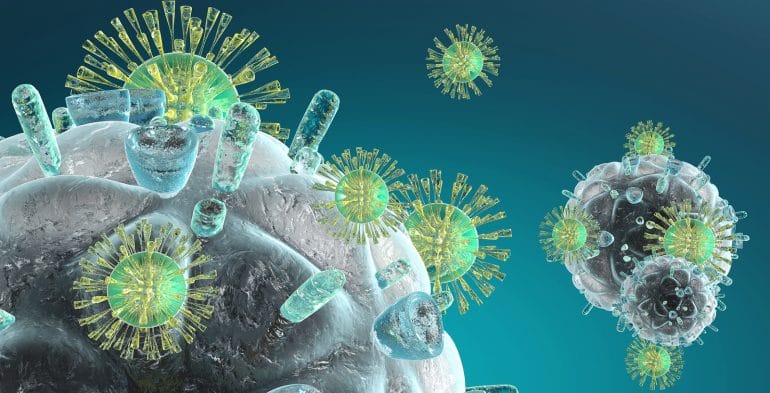
Pregnancy and HIV
If you are pregnant or plan to be pregnant, HIV testing is recommended. The Human Immunodeficiency Virus (HIV) is the infection spread by contact with body fluids or shared needles of another person with HIV. Body fluids are blood, urine, stool, vomit, semen, and vaginal secretions. HIV causes Acquired Immune Deficiency Syndrome (AIDS). AIDS is a disease that weakens the body’s immune system and makes it hard for your body to fight infection. There is no vaccine to prevent HIV and no cure for AIDS.
HIV Testing During Pregnancy
HIV testing is recommended for all pregnant women in the early months of pregnancy. A blood test is often done and test results will be shared with you by your doctor or health care provider.
- A negative test result means you do not have HIV.
- A positive test result means you have HIV and you need follow up care from your doctor.
HIV tests do not tell you if you have AIDS. HIV tests may be repeated during pregnancy.
HIV Treatment for You
Many mothers with HIV can have a safe pregnancy when they are treated for the virus. If you have HIV, there are medicines to protect your health and reduce the chance of the infection in your baby. If you are not already on a treatment before pregnancy, medicines may be started after the first trimester.
Treatment will depend on:
- The level of virus in your body
- How well your immune system is coping to fight infection
- Other health complications that you may have
Preventing Infection in Your Baby At Delivery
It can be a good idea to have a cesarean delivery instead of a vaginal delivery. Cesarean delivery may reduce the chance of HIV infection being passed on to your baby. The surgery may be planned a week or more before your delivery date. You should talk with your doctor about your delivery.
After Your Baby is Born
If you have HIV, your doctor may recommend that your baby:
- Start taking medicine the day of delivery to protect him or her against the chance of HIV infection. This may continue for several weeks.
- Have treatment if his or her red blood cells are low. This condition is called anemia. Treatment for anemia increases the red blood cells that carry oxygen around the body.
- Be tested for HIV a number of times during the first year. If a baby tests positive, it does not mean the baby has HIV. A mother’s antibodies for the virus may show up in a baby’s blood test for up to 6 months after birth.
- Be bottle fed with an iron rich baby formula. Breast milk is a body fluid and can carry HIV virus. This is one of the times where it is better to use the bottle!
Talk to your doctor or health provider if you have questions or concerns.









